Can Cats Eat Donuts? A Comprehensive Guide
We often share some sweets with our cats but we don’t about the sweet’s impacts on cats’ health, a common question “ Can Cats Eat Donuts? “ may arise in your minds. If you are worried about your cat’s health and diet, do not worry, because
In this comprehensive guide, we are going to discuss the relationship between cats and donuts and explore both the risks and benefits of donuts on cats’ health and lifestyle. So let’s get started.
Donuts Are Made Of?
Donuts are usually made from a dough mixture that contains flour, sugar, eggs, milk, or water, and a leavening agent such as yeast or baking powder. The dough is usually fried in oil until golden brown and can then be glazed, or frosted with various toppings such as powdered sugar, cinnamon, or sprinkles.
Can Cats Eat Donuts?
No, cats shouldn’t eat donuts. Although they may be attracted by the smell or appearance, donuts are not suitable for cat consumption. They lack the essential nutrients cats need for a balanced diet and can cause digestive problems or weight gain. It is best to stick to specific cat treats and food to keep them healthy and happy.
Are Donuts Toxic For Cats?
Yes, donuts can be toxic to cats. They contain ingredients like sugar, chocolate, and sometimes raisins, all of which are harmful to cats’ health. Their consumption can lead to digestive problems, inflammation of the pancreas, or even more serious conditions such as kidney failure. It is very important to keep all human foods that are not specially formulated for cats to ensure their health.
Potential Health Risks Of Donuts To Cats
The potential health risks of feeding donuts to cats:
- Digestive Upset: Cats have sensitive digestive systems, and the high sugar and fat content in donuts can disrupt their gastrointestinal tract. This disruption can lead to symptoms like vomiting, diarrhea, and abdominal discomfort. Chronic digestive upset can also result in nutrient malabsorption and dehydration.
- Obesity: Donuts are calorie-dense treats that lack nutritional value. Overfeeding donuts to cats can lead to weight gain and obesity. Obesity is a significant health concern in cats, as it increases the risk of various conditions such as diabetes, arthritis, and respiratory issues. Managing obesity in cats can be challenging and may require dietary changes and increased physical activity.
- Pancreatitis: Pancreatitis is inflammation of the pancreas, often triggered by high-fat foods like donuts. In cats, pancreatitis can cause severe abdominal pain, vomiting, diarrhea, and lethargy. Chronic pancreatitis can lead to long-term digestive problems and may require lifelong management.
- Dental Problems: The sugar content in donuts can contribute to dental issues in cats, including tooth decay and gum disease. These dental problems can cause pain, difficulty eating, and even abscesses. Poor oral health can also lead to systemic health issues such as heart disease and kidney problems.
- Diabetes: The high sugar content in donuts can disrupt a cat’s blood sugar levels, potentially leading to the development of diabetes mellitus. Diabetes requires careful management with insulin injections and dietary modifications. Left untreated, diabetes can lead to complications such as neuropathy, kidney disease, and blindness.
- Liver Disease: The excessive fat intake from donuts can contribute to the development of liver disease in cats, such as hepatic lipidosis (fatty liver disease). Hepatic lipidosis can occur when cats consume high-fat diets or experience rapid weight loss. It can lead to liver failure and is considered a life-threatening condition.
- Kidney Problems: Certain ingredients in donuts, such as raisins or chocolate, are toxic to cats and can cause kidney damage or failure if ingested. These ingredients can be harmful even in small amounts. Chronic kidney disease is a common health issue in cats and can significantly impact their quality of life.
- Nutritional Deficiencies: Donuts lack essential nutrients that cats need for optimal health, including taurine, an essential amino acid. Feeding donuts regularly as part of a cat’s diet can lead to nutritional deficiencies over time, affecting their overall well-being and potentially leading to health problems.
- Allergic Reactions: Cats can develop allergies to certain ingredients found in donuts, such as wheat or dairy products. Allergic reactions may manifest as skin irritation, itching, or gastrointestinal symptoms like vomiting and diarrhea. Identifying and avoiding allergens is crucial for managing allergic reactions in cats.
- Cardiovascular Issues: The unhealthy fats and sugars in donuts can contribute to cardiovascular problems in cats, including heart disease and high blood pressure. These conditions can reduce a cat’s quality of life and lifespan and may require lifelong management with medication and dietary changes.
- Lethargy and Behavioral Changes: The sugar and fat content in donuts can cause fluctuations in a cat’s energy levels and behavior. Cats may become lethargic, irritable, or hyperactive after consuming donuts. These behavioral changes can affect their overall well-being and may indicate underlying health issues.
- Increased Risk of Cancer: Some studies suggest a link between high-sugar diets and an increased risk of certain types of cancer in cats. Feeding donuts regularly may contribute to this risk, although more research is needed to fully understand the connection. Cancer is a serious health concern in cats and can require aggressive treatment modalities such as surgery, chemotherapy, and radiation therapy.
Do Donuts Provide Any Benefits To Cats?
No, donuts do not provide any benefits to cats. They are not suitable for cats to consume and can be harmful due to their high sugar and fat content, which can lead to obesity and other health problems in cats as we discussed above.
What Will Happen If Your Cat Overeats A Donut?
If your cat eats too many donuts, it can cause various health problems. Donuts are high in sugar, fat, and calories, which are not suitable for cat food. Excessive consumption of these unhealthy ingredients can lead to obesity, digestive problems such as vomiting and diarrhea, pancreatitis, and diabetes in cats.
Additionally, ingredients in donuts such as chocolate or artificial sweeteners can be toxic to cats and cause serious health complications. It’s important to keep human foods like donuts away from your cat and stick to a balanced, vet-approved diet to ensure their health and well-being. If you suspect that your cat has eaten a donut or another harmful food, it is best to consult your veterinarian immediately.
Will My Cat Die From Overeating The Donut?
No, overeating one donut is not likely to kill your cat instantly. However, this can lead to various health problems as mentioned earlier, and repeated consumption of unhealthy foods can have long-term consequences for your cat’s health. If your cat has eaten a donut or other harmful food, it is important to monitor its condition closely and consult a veterinarian if any symptoms appear.
How To Keep Cats Out Of Donuts?
Steps you must follow to keep cats out of donuts.
Store Donuts Securely
When storing donuts, make sure they are placed in containers that are difficult for cats to access. Airtight containers or sealed bags can help prevent the smell of donuts from attracting your curious friend.
Elevated Storage
Consider storing donuts in high places where cats can’t easily reach them. Places like the top of the refrigerator, high shelves, or closed cabinets can be effective options. This keeps treats out of sight and out of reach of your cat’s curious paws.
Use Cat-Proof Containers
Invest in containers specifically designed to be resistant to curious cats. These containers often have a secure lid or locking mechanism that makes it difficult for cats to open. Look for ones with sturdy construction and tight seals to ensure maximum effectiveness.
Keep Donuts Out of Reach
Place the donuts in places where your cat can’t jump or climb to get to them. For example, avoid leaving them on countertops or tables where your cat can easily reach them. Using high surfaces or places inaccessible to cats can help prevent them from reaching treats.
Distract with Alternative Treats
Offer your cat treats or toys to distract them from the donuts. Providing them with more appropriate and enjoyable distractions can help prevent them from correcting human behavior.
Close Doors
If possible, keep doors to donut rooms closed to prevent cats from entering and accessing the food. This creates a physical barrier and reduces the chances of your cat sneaking in to satisfy their curiosity.
Supervise Donut Consumption
When enjoying the donuts yourself, keep a close eye on your cat to prevent someone from stealing them. Monitoring their behavior around treatment allows you to intervene and reinforce boundaries when needed.
Train Your Cat
Implement positive reinforcement training techniques to teach your cat boundaries regarding donuts. Rewarding desired behaviors and discouraging unwanted ones can help your cat understand that the behavior is excessive.
Remove Temptation
Dispose of leftover donuts or crumbs immediately to curb your cat’s cravings. Even small debris can attract your cat’s attention, so thorough cleaning is essential to prevent them from seeking treats.
How Can I Safely Feed Donuts To My Cat?
Step 1: Consult with a Veterinarian
Before considering feeding your cat any human food, especially anything that isn’t as sweet and nutritionally dense as a donut, it’s important to consult with a veterinarian. They can provide insight into your cat’s specific nutritional needs, their health issues, and whether or not donuts pose a health risk.
Step 2: Understand the Risks
Donuts are high in sugar, fat, and carbohydrates, none of which are necessary or beneficial for a cat’s diet. Regularly feeding your cat donuts can lead to obesity, diabetes, dental problems, and digestive problems. Additionally, some ingredients in donuts, such as chocolate or artificial sweeteners such as xylitol, are toxic to cats.
Step 3: Monitor Portion Sizes
If, after consulting your veterinarian, you decide to feed your cat a small number of donuts as an occasional treat, be very mindful of portion sizes. A small nibble is more than enough for a cat, and it should also be rare. Overeating can lead to obesity and other health problems.
Step 4: Choose Plain Donuts
If you decide to give your cat a small portion of a donut as a rare treat, choose plain donuts with no toppings, fillings, or coatings. They are less likely to contain ingredients that could be harmful to your cat.
Step 5: Monitor for Adverse Reactions
After giving your cat a small portion of the donut, monitor them closely for any signs of an adverse reaction. This includes vomiting, diarrhea, lethargy, or any unusual behavior. Make quick contact with your veterinarian if you observe any of these signs.
Step 6: Avoid Regular Feeding
Under no circumstances should donuts become a regular part of your cat’s diet. They are simply not designed to digest or obtain nutrients from such foods, and regular consumption can have serious health consequences.
Conclusion
Finally, while the temptation to share sweet treats like donuts with our feline friends can be strong, it’s important to make their health and well-being a top priority. Donuts contain ingredients that can cause significant risks to cats, including digestive upset, obesity, pancreatitis, dental problems, and even toxic reactions. To ensure a long and healthy life for our beloved pets, it is important to choose vet-approved cat treats and maintain a balanced diet according to their nutritional needs. Remember, an informed approach to pet care, along with proper supervision and preventative measures, is the key to keeping our furry companions happy and thriving.
FAQs
Can Cats Eat A Piece Of Donut?
No, cats should not eat a piece of donut. It lacks essential nutrients, can cause indigestion, and can contain ingredients harmful to their health.
Why Do Cats Like Donuts?
Cats may be attracted to the smell or appearance of donuts, but it’s important to note that they lack the nutrients necessary for a balanced cat diet.
Can Cats Eat Donuts In Small Amounts?
No, even in small amounts, donuts are not suitable for cats as they lack essential nutrients and may lead to digestive issues or other health problems.
Can Other Pets Eat Donuts?
No, donuts are generally not suitable for other pets either, as they lack essential nutrients and may cause digestive problems or weight gain. It’s best to stick to species-appropriate diets for all pets.
Can Donuts Cause Digestive Issues In Cats?
Yes, donuts can cause digestive problems in cats due to their high sugar and fat content, potentially leading to symptoms such as vomiting, diarrhea, and abdominal discomfort.

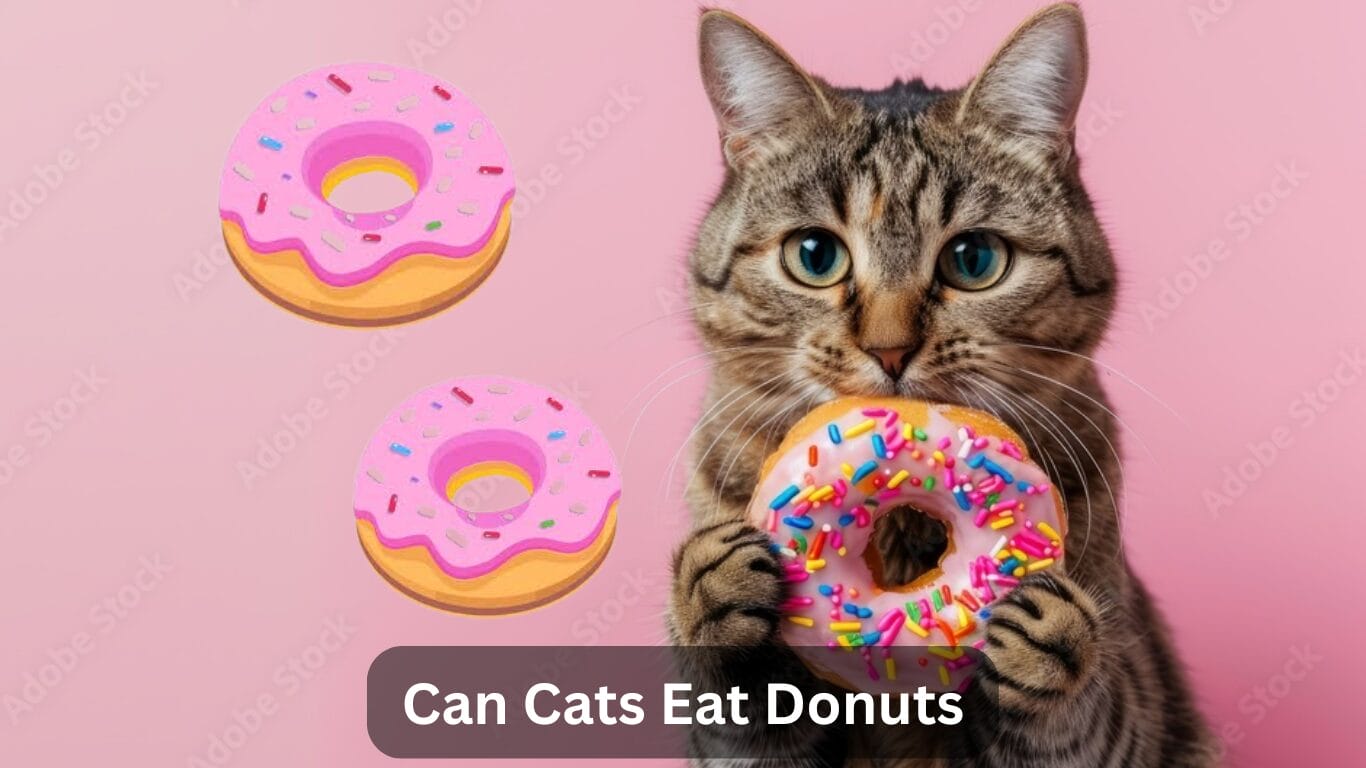
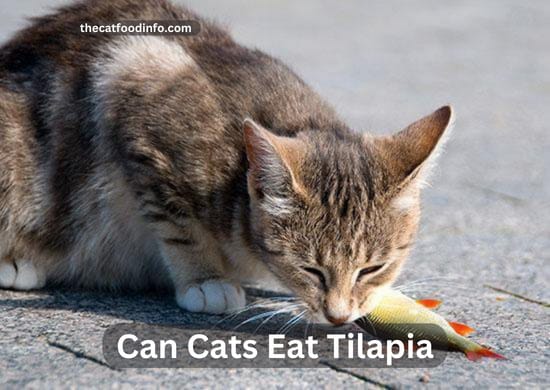
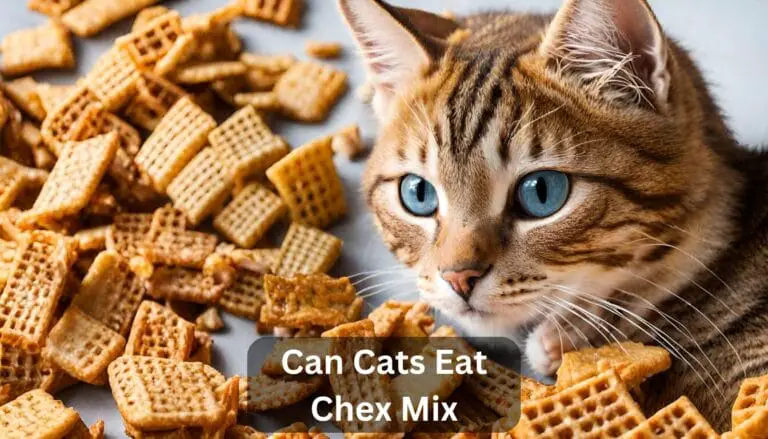
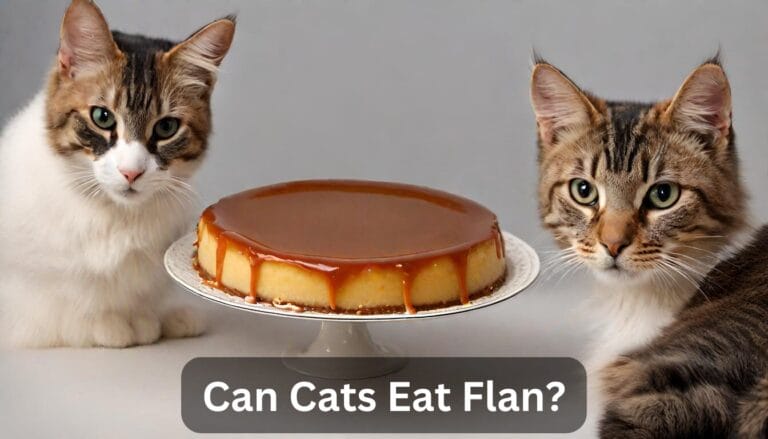
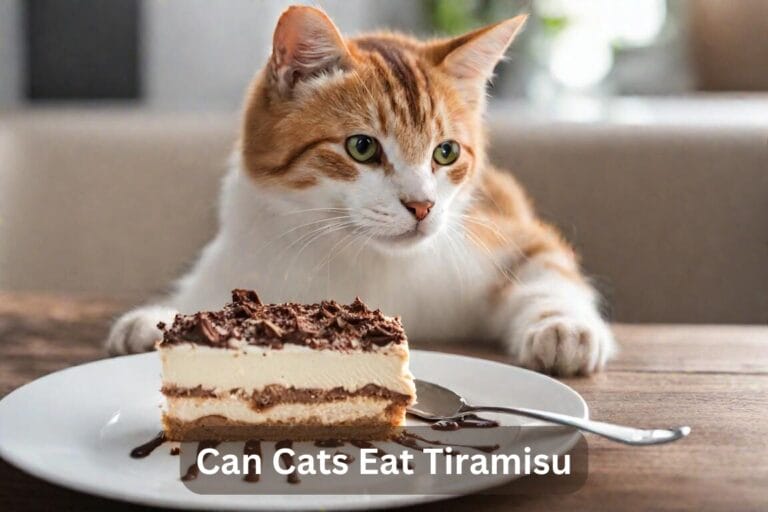
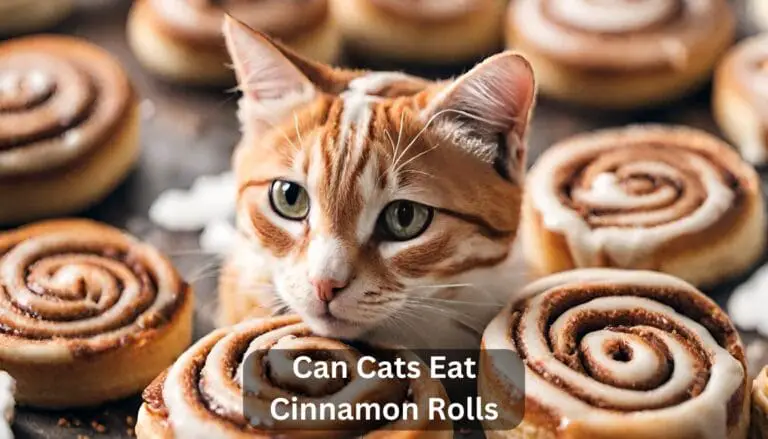
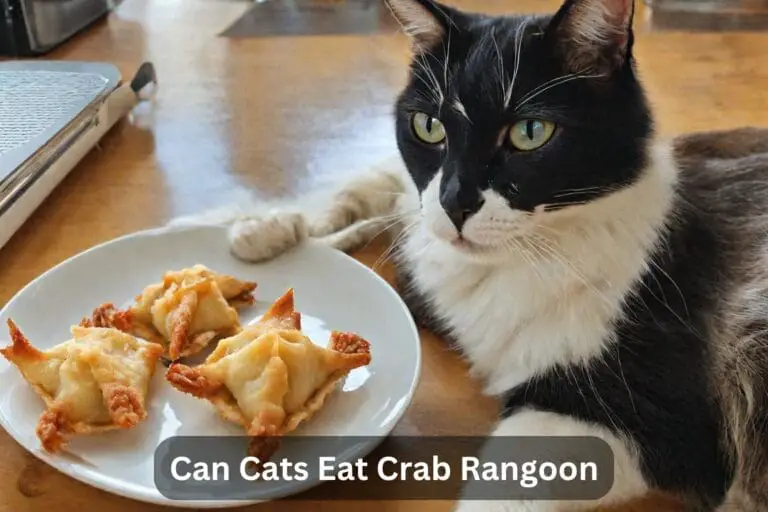
One Comment